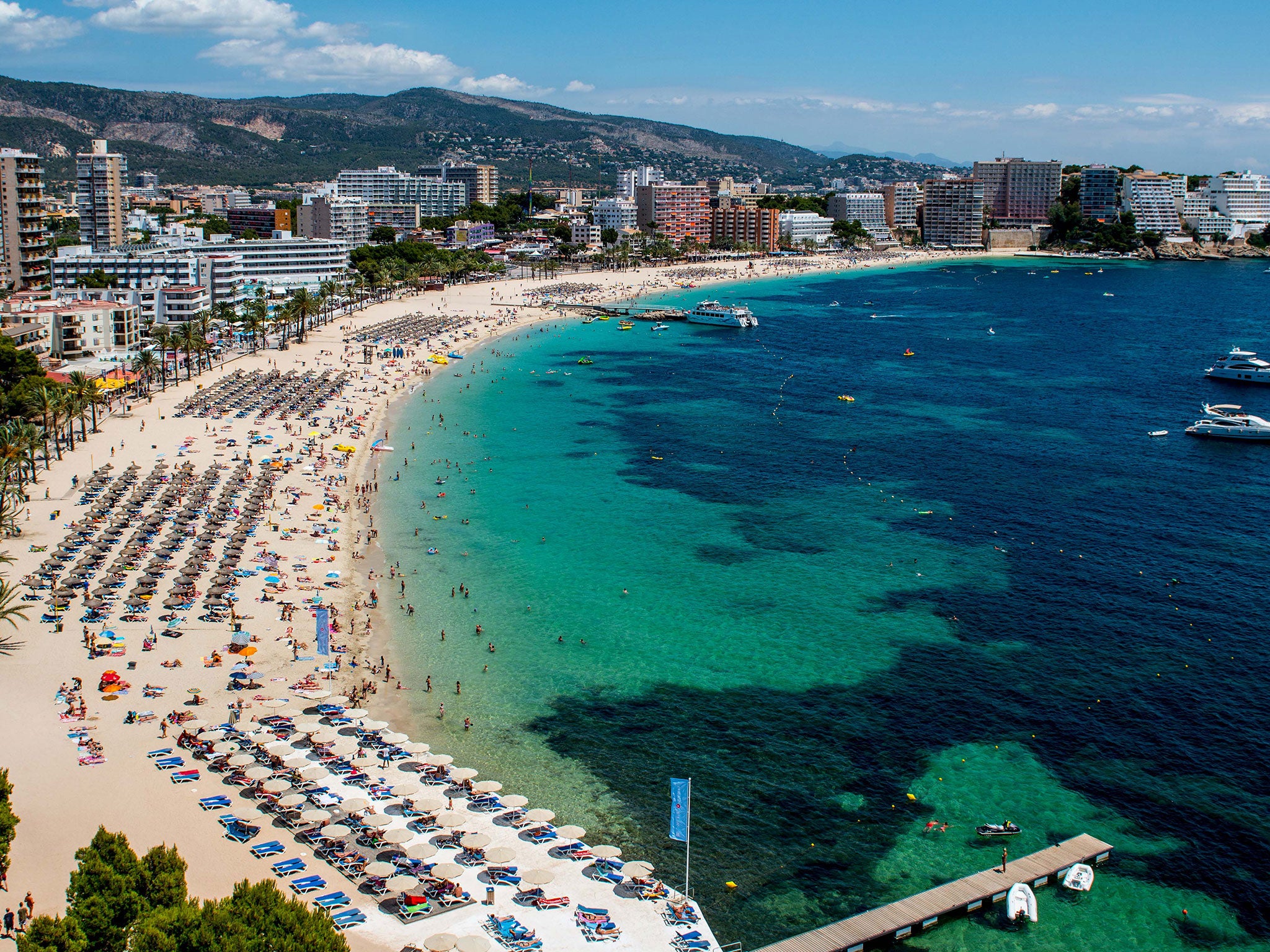EU Referendum: Brexit could add £230 to the cost of a European holiday, David Cameron warns
Low-cost airlines have already warned that a British exit from the EU single market for aviation could end the era of cheap flights between European airports

Your support helps us to tell the story
From reproductive rights to climate change to Big Tech, The Independent is on the ground when the story is developing. Whether it's investigating the financials of Elon Musk's pro-Trump PAC or producing our latest documentary, 'The A Word', which shines a light on the American women fighting for reproductive rights, we know how important it is to parse out the facts from the messaging.
At such a critical moment in US history, we need reporters on the ground. Your donation allows us to keep sending journalists to speak to both sides of the story.
The Independent is trusted by Americans across the entire political spectrum. And unlike many other quality news outlets, we choose not to lock Americans out of our reporting and analysis with paywalls. We believe quality journalism should be available to everyone, paid for by those who can afford it.
Your support makes all the difference.The cost of a one-week holiday in Europe could increase by as much as £230 by the summer of 2018, if Britain votes to leave the EU, David Cameron has warned.
In the latest bleak prediction from the Government on the impact of Brexit, the Prime Minister pointed to Treasury projections that the value of the pound could fall 12 per cent, hitting the holiday spending of British tourists in Europe and further afield.
Low cost flights within Europe, and recent cuts to mobile phone roaming charges on the Continent, could also be put in jeopardy in the event of a Leave vote, the Government predicts.
The £230 figure, which is likely to come under close scrutiny from Brexit campaigners who have branded the Remain campaign ‘Project Fear’, is based upon a European holiday for four people, for eight nights.
“All the evidence points to the value of the pound falling after a vote to leave the EU,” Mr Cameron said. “A weaker pound means people’s hard-earned savings won’t go as far on holidays overseas.
“The choice facing the British people on 23 June is increasingly clear: the certainty and economic security of remaining in the EU, or a leap in the dark that would raise prices – including the cost of a family holiday.”
The Remain campaign is seeking to highlight concerns already raised by low-cost airlines that a British exit from the EU single market for aviation could end the era of cheap flights between European airports.
Carolyn McCall, chief executive of easyJet said: “The common aviation area created by the EU allows any European airline to fly anywhere in Europe. This has kept all airlines' costs low and has enabled low fares airlines like easyJet to expand.
“If the UK were to vote to leave the EU any new, more restrictive aviation arrangements would add cost and therefore fares would rise. And a weaker pound would mean the cost of a holiday abroad – including food, accommodation and drinks – would be more expensive.”
The Government has also claimed that the benefits of new arrangements between EU countries, which have restricted mobile phone roaming charges – including a plan to abolish them altogether from June 2017 – would not be guaranteed for British citizens in the event of Brexit.
Vittorio Colao, chief executive of the Vodafone Group, said that Britain would benefit from being part of a “borderless single digital market”.
In further claims likely to attract the derision of critics who say that Remain campaign has focused on negative tactics, the Government also argued last night that other benefits for holidaymakers could be at risk – including ‘booze cruise’ daytrips, which could be hit by limitations to duty free purchases as a result of new customs controls that could be required after Brexit.
The Government’s figures on the cost of holidays are based on data on the average spend per holiday visit of a UK resident, published by the Office for National Statistics in the International Passenger Survey.
Join our commenting forum
Join thought-provoking conversations, follow other Independent readers and see their replies
Comments